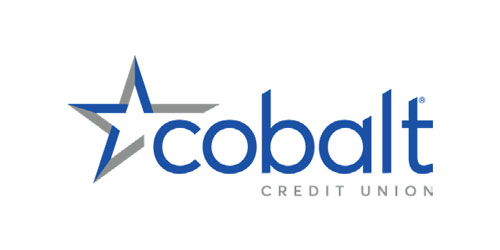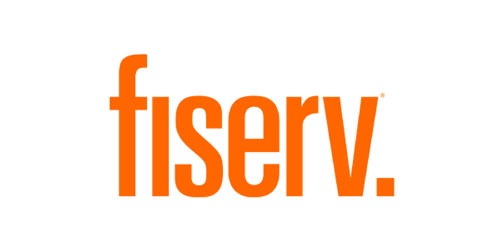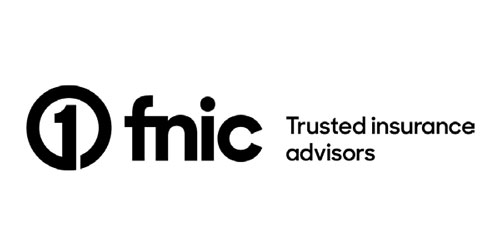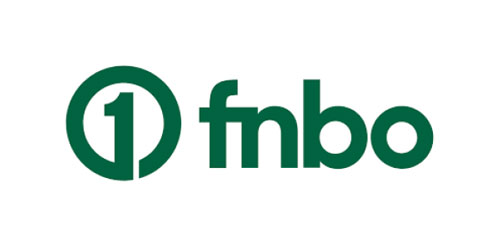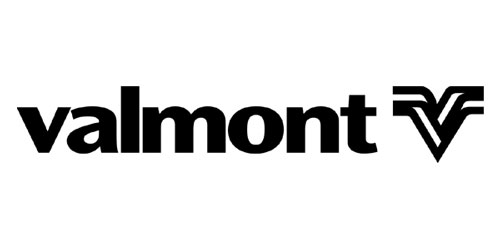Master of Business Administration
About the program:
Midland University’s MBA is a graduate-level program that is designed for busy working professionals. Students will experience the best in online education through our expert instructors who bring real-world experience to each course. Students learn in a supportive, interactive environment, surrounded by resources to help them succeed!
36
Credit
Hours
2
Years
(Average)
Class Type:
100% Online, 8-week courses
Transfer Credits:
Transfer up to 15 credits
Connect with an Enrollment Specialist

Katie Duran
Director of Graduate & Online Enrollment
Email Address: durank@midlandu.edu
Phone Number: 402-719-8838
Master of Business Administration Program Outcomes
The MBA program at Midland University is designed to produce graduates who demonstrate highly developed analytic and communication skills, a thoughtful approach to ethical decision-making, and mastery of the tools and concepts it takes to be a respected leader in business. Graduates will be able to demonstrate:
- Ability to read and analyze financial documents in order to make sound financial decisions
- Understand the impact on the business of internal and external forces
- Apply models of leadership and management and use them to guide and motivate human capital
- Successfully lead projects and initiatives using effective people skills and frameworks
- Identify, analyze, and implement business opportunities, ethically and strategically
- Effectively apply communication principles to lead an organization
- Identify, understand and communicate with the customer base of the organization to drive revenue and growth
Business Certificates
Students can earn a certificate of completion as part of the MBA at Midland University or as a standalone option for professionals looking to enhance their skills in a specific area, such as Accounting, Project Management, or Business Strategy.
Learn More About Business CertificatesCorporate Partners
In partnership with our corporate partners, Midland University is able to connect students to businesses and organizations across the Greater Omaha area. Students who are employed by one of our corporate partners qualify for unique scholarships and other funding options.
To see a list of our Capstone Partners, visit the MBA Curriculum and Learning page.
FAQs
To help guide potential applicants, we’ve created an index of all of the FAQs. If you have additional questions, please get in touch with us at graduate.admissions@midlandu.edu.
The application process for the Midland MBA is made up of two parts: an online written application and an interview. The online application captures basic personal information, and we ask for a personal statement, a resume, and a reference form (not letters of recommendation) in support. After the completion of the written application, we will set up a time to meet you for the in person interview.
No, it does not. Unlike many other programs, the Midland MBA does not require a business degree, prerequisite courses, or a GMAT score; we strive for a diverse student body which brings many backgrounds and experiences to the program, broadening all students’ understanding of business applications and programs.
Midland University offers two ways for students to receive credit from previous graduate level courses and/or from prior experience.
Transfer credit:
Have previous graduate level business credit? Those seeking to transfer in completed graduate level coursework may request a transfer credit evaluation to determine which courses may transfer into the Midland MBA. All credit must have been earned in the last seven (7) years with a B (3.0) grade or higher for transfer consideration per the Midland University general transfer policy. Students are required to complete, at minimum, 60% of graduate credit through courses at Midland University.
Credit for Prior Learning:
Any of the following are approved methods to evaluate students’ potential for Credit for Prior Learning. Additional assessment resources may be available to provide a standardized review process.
- Transfer of Credit: Official transcripts from institutions attended prior to Midland University will be evaluated for transfer of credit.
- Standardized Exams: CLEP, AP, IB, DSST/DLPT, and UExcel Examinations. Other exams may be used but must be evaluated by faculty subject matter experts for cut scores and Midland program crosswalks. Standardized exams may include evaluations developed by Midland faculty.
- Third-Party Evaluated Learning: These include published guides such as the American Council on Education (ACE) National Guide to College Credit for Workplace Training, the ACE Military Guide, and the National College Credit Recommendation Service (NCCRS). Examples of Third Party Evaluated Learning are the Project Management Professional (PMP) certification, Society for Human Resource Management (SHRM) certification, and Microsoft Certified: Data Analyst Associate. Essentially, these are certifications and defined learning programs that can be easily verified for content and rigor.
- Employment-Based Learning/Faculty Evaluated Local Industry and Workplace Credit: Faculty evaluate training in local business and industry to identify credit for prior learning (CPL) opportunities for workers seeking higher-level degrees or certification. Examples include workplace-provided training for leadership development or technical skills that can be verified through a review of curriculum and other program elements that qualify for college-level learning.
- Portfolio/Individualized Assessment: A compilation of verifiable artifacts and evidence that demonstrate the student’s mastery of Midland course competencies. This evidence may include any of the other prior learning methods, individual skills demonstrations, and/or narratives documenting learning.
The Midland MBA’s curriculum is divided into three main parts: the Strategic Course block, the Analytical Course block and the Business Consulting Capstone experience. Students will choose 15 credit hours (5 courses) from each of the course blocks and will also participate in the team-led Business Consulting Capstone. A student may enroll in the capstone course after successfully completing 15 credit hours towards their MBA at Midland.
The Midland MBA tuition costs are $627 per credit hour. In our program, unlike many others, you can continue working while you earn your degree. What’s more, the cost of our program is also offset significantly by our generous scholarship program, making the monetary investment into your MBA much less than you might expect.
Yes. Thanks to the ongoing support of generous donors, the Midland MBA is able to offer extensive scholarship opportunities for the incoming MBA class. In addition, graduate students in Midland’s MBA program are eligible for federal student aid regardless of income. The vast majority of our students have been eligible for federal aid which, when combined with the scholarships offered by Midland, covers the full cost of the MBA program.
Finding a proper balance between work, life, and school during any MBA program is going to be a challenge no matter how the course is laid out. Midland’s MBA program provides busy professionals the opportunity to earn their MBA without leaving work full-time, which many other programs do not. Our program is designed to be accessible to business professionals with a desire to succeed and grow in their careers, but who have other commitments outside of school.
Accreditation
Midland University is accredited by the Higher Learning Commission of the North Central Association of Colleges and Schools, 230 South LaSalle Street, Suite 7-500, Chicago, Illinois, 60604-1411. Midland University has been accredited by the commission since 1963. Accreditation documentation may be viewed upon request in the Office of the President.
Office Hours Podcast
The Office Hours with Midland University Online podcast highlights the great programs and people involved with Midland Online. Additional episodes can be found on the Office Hours Podcast page.
Office Hours with Amy Tritsch
In this episode, we got to sit down with Amy Tritch, an MBA student who wears many, many hats. We talked about her experience working and studying at Midland University, the rise of grandma-core, and being a volunteer EMT.
Office Hours with Trevon Brooks
In this episode, we had the pleasure of sitting down with Trevon Brooks, an MBA graduate student who is making history in Omaha. Join our conversation about being a first-generation college student, making the 40 under 40 list, and creating a network built for success.
Office Hours with Megan Michalak
In this episode, we sat down with Megan Michalak, an MBA grad who has excelled in the project management space and continues to advance in her career. Join our conversation about mastering your skills and reaching past your comfort zone.



